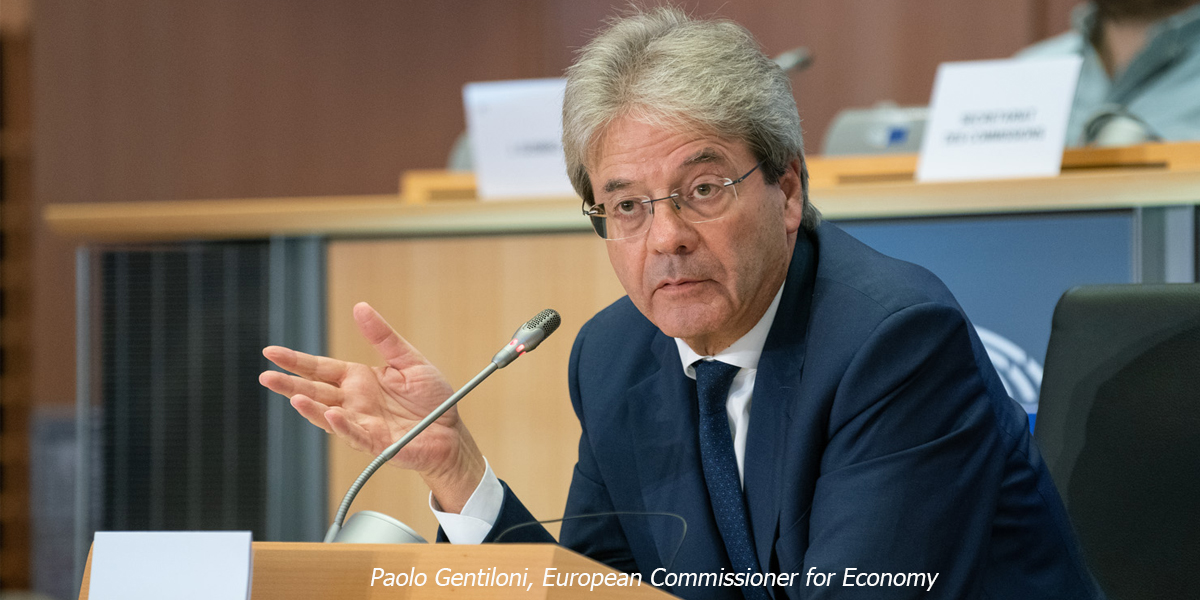Unbridled inflation has nations in the European Union bracing themselves for an economic recession. Given how peak inflation has stayed higher longer than anticipated and the steep decline in consumer spending anticipated because of high fuel and heating costs for the coming winter, the European Commission’s most recent economic forecast is getting to be a bleak one.
Released last November 10th, the EU released its Q4 forecast wherein it expected a serious decrease in economic output within the final months of 2022 and well into the first couple of months of 2023. This would be due to the way energy prices have remained high due to supply constraints, as well as a higher cost of living, surging interest rates, and issues regarding global trade. It further stated that a recession caused by such factors would not only affect the EU’s nineteen member countries, but also the economies of other states within the continent.
In total, the EU’s economic growth forecast for 2023 is now down to 0.3%, a significant drop from the 1.4% originally forecast in July of this year.
A Regional Economy at a Turning Point
EU economic commissioner Paolo Gentiloni remarked that this period marks a turning point for the region’s economy, noting the way it lost momentum in the previous quarter, as well as recent surveys showing an economic contraction within the winter months. The slowing of the global economy in general was also cited as a factor in the bleaker outlook.
EU economists also noted that Germany is most likely to become next year’s lowest performing economy with its output dwindling by around 0.6% throughout the coming year. Considered the largest in the EU, the German economy was hugely dependent on natural gas imported from Russia prior to the ongoing conflict in the Balkans. That said, its energy sector is now scrambling to find viable and sustainable alternatives as soon as possible.
Unemployment is Static
Economists likewise predict that regional inflation will peak towards the end of the year, lifting 2022’s average rate to around 8.5% and 6.1% in 2023 for much of Europe. This is, essentially, an upward revision of nearly a single percentage point for this year and more than two for next year.
The European job market, on the other hand, is expected to fare better as the year draws to a close despite decreased economic output. Still, unemployment for Q4-2022 is being pegged at around 6.8% and expected to rise to a high of 7.2% next year. Experts note that it could calm to around 7% flat come 2024.















